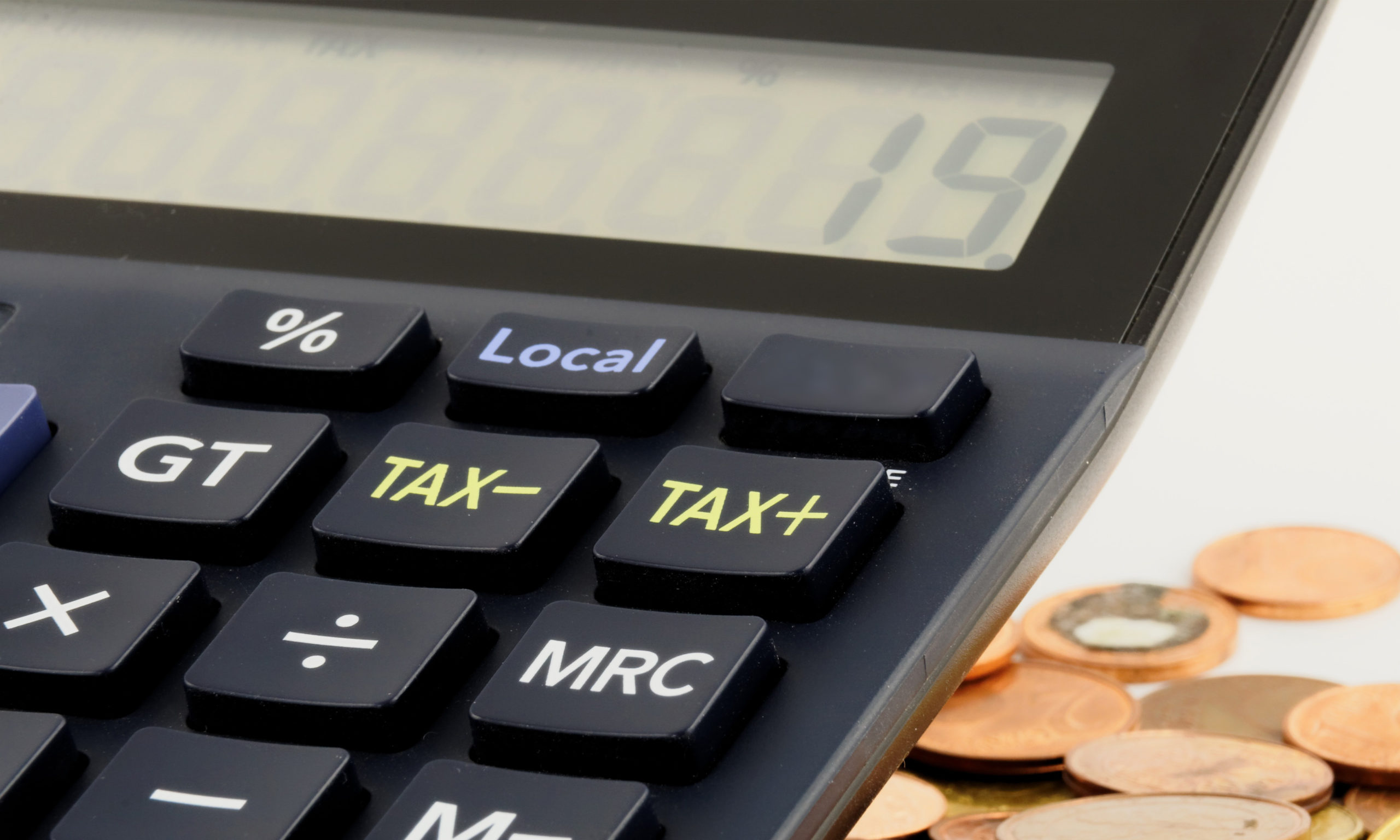
Avoid IRS Red Flags in Multiple Business Strategies: A Guide for the Wary Tax Business Owner
In the labyrinth of tax planning and business structure, the path to protecting your client’s multiple business strategy from the ever-watchful eye of the IRS can be as intricate as a well-played game of chess. However, while the strategic moves might be complex, the rules of the game are quite clear. Today, let’s dissect these rules with a blend of cautionary tales and cheeky wisdom, ensuring your business maneuvers stay sharp and IRS-compliant.
Ever heard of the tax strategy to just “create a new C corporation” and shift income by paying management fees from your main company? Well, so has the IRS, and they are highly skeptical when they see it in the field. The Aspro, Inc. v. Commissioner case serves as a stark reminder for taxpayers about the importance of meticulous documentation and the strict adherence to IRS guidelines for deducting management fees. Aspro, an Iowa-based C corporation in the asphalt-paving business, faced scrutiny over its practice of paying “management fees” to its shareholders, which the IRS and subsequent court rulings reclassified as non-deductible disguised dividends.











